Disclosure: This article contains affiliate links. We may earn a commission from purchases at no extra cost to you, which helps our travel content.
The moment my feet touched Nampula's rust-colored earth, I knew this northern Mozambican city would challenge and reward me in equal measure. After 36 hours of travel (and one very questionable airport sandwich), I found myself blinking in the brilliant sunshine of a place that feels wonderfully removed from the typical tourist trail. As a pediatrician who spends most days in fluorescent-lit exam rooms, these two weeks of cultural immersion were my prescription for burnout. Nampula isn't the glossy Mozambique of beach resort brochures—it's real, raw, and remarkably rich in culture. With its fascinating blend of Portuguese colonial influence, Islamic heritage, and vibrant Makua traditions, this regional capital offers intrepid solo travelers an authentic slice of Mozambican life. But let's be honest: navigating Nampula requires preparation, cultural sensitivity, and a healthy dose of street smarts. Consider this your medical-grade guide to experiencing this underrated gem safely, respectfully, and without emptying your bank account.
Preparing for Nampula: Medical Necessities & Cultural Homework
Before my stethoscope even went into storage, I was already in full preparation mode for Nampula. As both a doctor and a somewhat obsessive planner, I can't stress enough the importance of medical preparation for Mozambique.
First things first: visit a travel clinic at least 6-8 weeks before departure. You'll need yellow fever vaccination (required for entry), typhoid, hepatitis A and B, and updated routine vaccines. Malaria is a serious concern in Nampula, so I took prescription antimalarials and packed a high-quality insect repellent that worked brilliantly against the persistent mosquitoes.
But preparation goes beyond medical precautions. I spent evenings after hospital shifts learning basic Portuguese phrases (the official language) and some Makua greetings (the predominant local language). The look of delighted surprise on locals' faces when I attempted even simple greetings was worth every tongue-twisted practice session.
I also devoured books about Mozambican history and culture. Understanding the country's complex past—from Portuguese colonization to the devastating civil war that ended in 1992—provided crucial context for many conversations I'd later have with locals. My guidebook became so dog-eared from use that it practically fell apart by journey's end.
One evening, while organizing my medical kit (yes, pediatricians make the most neurotic travelers), I realized how similar preparing for travel is to preparing for a patient consultation. Both require research, cultural sensitivity, and anticipating needs before they arise. This methodical preparation became my foundation for navigating Nampula confidently.
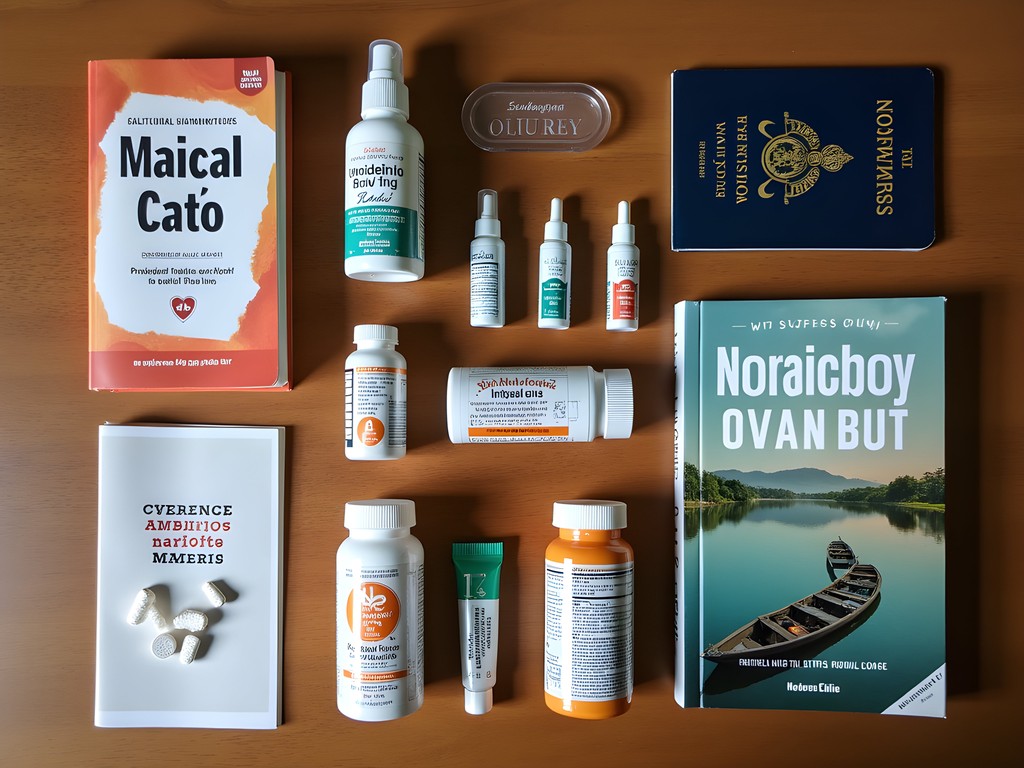
💡 Pro Tips
- Visit a travel clinic 6-8 weeks before departure for required vaccinations
- Learn basic Portuguese phrases and some Makua greetings
- Register with your embassy before arrival and keep emergency contacts easily accessible
Finding Comfort: Budget Accommodation with Character
After my arrival in Nampula—bleary-eyed and slightly disoriented—I faced the first real test of my budget travel resolve. While the city offers several international-standard hotels, they quickly eat through savings. Instead, I opted for Ruby Backpackers, a modest but clean guesthouse run by a Portuguese-Mozambican family who treated me like a long-lost relative rather than a paying guest.
At just 1,200 meticais (about £15) per night, it wasn't luxury, but my private room had the essentials: clean sheets, mosquito net, fan, and a shared bathroom that was scrubbed daily. The true value came from the communal courtyard where travelers and locals gathered each evening. There, under a canopy of stars and string lights, I met a Mozambican medical student who later showed me around the city's hospital—an unexpected professional exchange that became one of the trip's highlights.
For solo female travelers concerned about safety, I'd recommend either Ruby Backpackers or Pensão Moderna in the city center. Both have secure entrances and staff who look out for guests. I always travel with a portable door lock for extra security—it's lightweight yet provides tremendous peace of mind when sleeping in unfamiliar places.
While accommodations in Nampula are basic by Western standards, they offer something far more valuable: authentic connection. Maria, the owner of Ruby Backpackers, spent an entire afternoon teaching me to make matapa, a traditional cassava leaf stew. As we chopped and stirred, she shared stories of raising her children during Mozambique's civil war—the kind of profound cultural exchange no luxury hotel could ever provide.
After long days exploring, I'd return to my simple room, switch on my headlamp during the frequent power outages, and journal about the day's discoveries. In those quiet moments, I realized how rarely we need luxury to find true comfort while traveling.
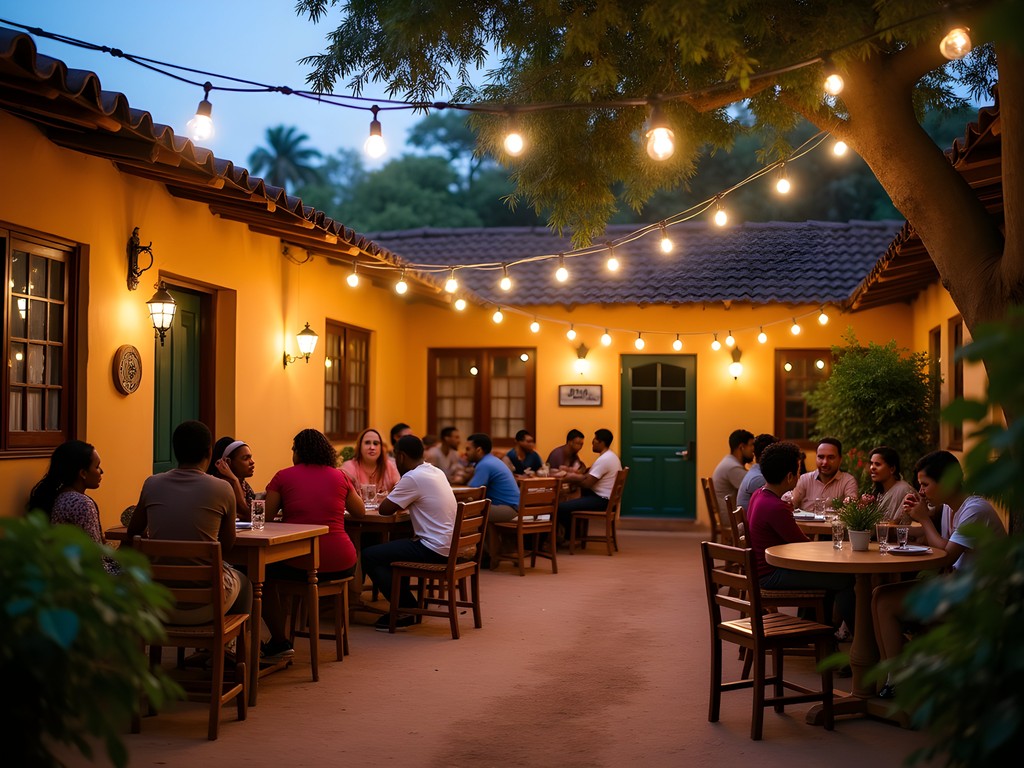
💡 Pro Tips
- Book accommodation with secure entrances and good reviews from solo travelers
- Bring a portable door lock for additional security in budget accommodations
- Stay near the city center for easier navigation and safer evening returns
Cultural Treasures: Museums & Makonde Art
If there's one thing my theater-loving heart seeks in every destination, it's cultural expression—and Nampula delivers this in abundance. The city serves as northern Mozambique's cultural hub, with the National Ethnographic Museum as its crown jewel. Housed in a striking colonial building, this museum showcases the rich heritage of Mozambique's northern peoples, particularly the Makua and Makonde groups.
I spent an entire morning mesmerized by intricate Makonde sculptures—haunting figures carved from a single piece of ebony wood, often depicting intertwined human forms representing family bonds and ancestral connections. As a collector of meaningful cultural objects, I was determined to find an authentic piece to bring home. The museum guide directed me to the Cultural Center where I watched master carvers transform ebony into art using techniques passed through generations.
After observing their painstaking process—some sculptures take months to complete—I purchased a small Makonde piece directly from the artist. It wasn't cheap (about £60), but knowing the fair price supported the artist and that I had a genuine piece made it worthwhile. Now this sculpture sits in my Jersey City apartment, a daily reminder of Mozambican resilience and creativity that I often share stories about with my pediatric patients who are curious about my travels.
Beyond the museum, I discovered Nampula's thriving theater scene at the Centro Cultural Franco-Moçambicano, where I watched a mesmerizing performance blending traditional dance with contemporary themes of environmental conservation. Despite understanding only fragments of the Portuguese dialogue, the emotional power transcended language barriers.
For those interested in textiles, the markets offer stunning capulanas (colorful fabric wraps) that women use as skirts, baby carriers, and head wraps. After a weaving demonstration from a local artisan, I purchased several as gifts—each pattern telling a different story through symbols and colors. My collection of souvenirs from Nampula may be the most meaningful I've gathered in my travels, each piece carrying both artistic beauty and cultural significance.
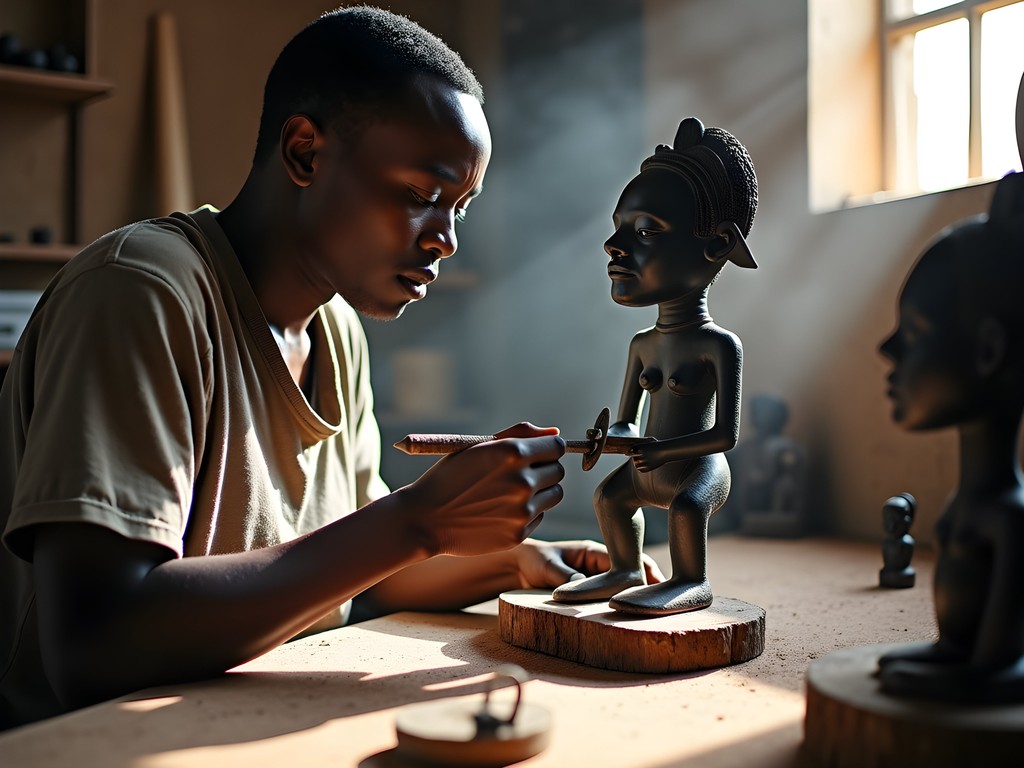
💡 Pro Tips
- Visit the National Ethnographic Museum with a guide for deeper cultural context
- Purchase art directly from artisans at the Cultural Center rather than tourist shops
- Ask permission before photographing artisans or their work
Navigating Local Markets: Budget-Friendly Food Adventures
The sensory explosion of Nampula's Central Market remains etched in my memory: pyramids of fiery piri-piri peppers, the sweet perfume of mangoes, vendors calling out prices, and the symphony of Portuguese and Makua conversations. As someone who typically packs a sad sandwich for hospital lunch breaks, this culinary playground was pure joy.
Market exploration requires strategy, especially for solo travelers. I always visited in morning hours when crowds were manageable and temperatures cooler. Wearing my anti-theft crossbody bag kept my belongings secure while leaving hands free for the important business of food sampling.
My market routine began with fresh coconut water (25 meticais/30p) sipped straight from the shell—nature's perfect electrolyte replacement in the tropical heat. For breakfast, I'd find a busy stall selling fresh pão (Portuguese-style bread rolls) with grilled chicken or egg—a filling meal for under 100 meticais (£1.25).
The market became my budget food strategy headquarters. I'd purchase fresh fruits, nuts, and bread for self-catered lunches, then splurge slightly on dinner at local restaurants. This approach kept my daily food budget around £8-10 while still experiencing authentic flavors.
My favorite discovery was matapa, a stew of cassava leaves, ground peanuts, and coconut milk often served with prawns or crab over rice. At Restaurante Sporting on the city's edge, a generous portion cost 350 meticais (about £4.50) and introduced me to flavors I'm still trying—unsuccessfully—to recreate in my tiny Jersey City kitchen.
Being a solo female traveler attracted curiosity at local eateries, but this often led to wonderful connections. One evening at a small restaurant, the owner's daughter—a bright-eyed 8-year-old—sat beside me, fascinated by my journaling habit. When she mentioned her dream of becoming a doctor, I showed her my stethoscope (yes, I travel with one) and let her listen to her own heartbeat. Her mother later refused payment for my meal—a generosity that still humbles me. These unexpected moments of connection around food tables often become the heart of travel memories.
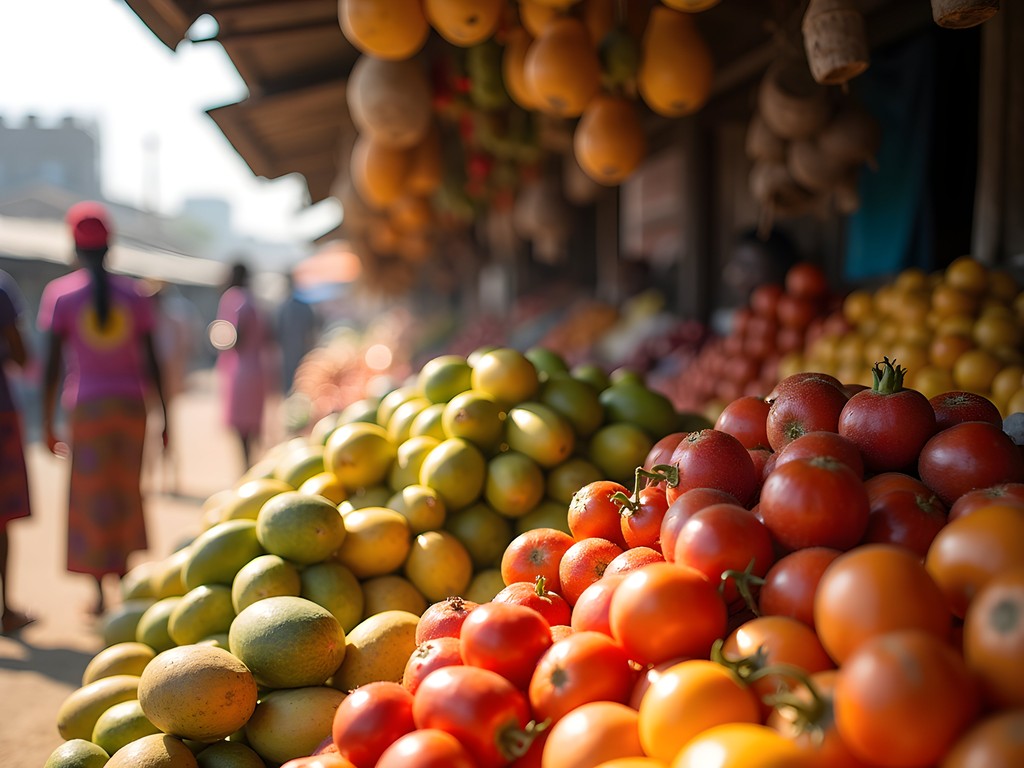
💡 Pro Tips
- Visit markets in morning hours for safety and freshness
- Carry small denominations of meticais for easier transactions
- Look for busy food stalls with high turnover as indicators of both safety and quality
Day Trips: Island of Mozambique & Beyond
While Nampula city offers plenty to explore, it also serves as the gateway to one of Mozambique's most spectacular UNESCO World Heritage sites: Ilha de Moçambique (Island of Mozambique). This tiny island—connected to the mainland by a 3.5km bridge—was once the colonial capital and represents a fascinating blend of Portuguese, Arab, Indian, and African influences.
Reaching Ilha requires some planning. I joined three other travelers from my guesthouse to share a chapa (minibus) for the 3-hour journey north. At 250 meticais (about £3) per person, it wasn't the most comfortable ride, but the savings compared to a private taxi (around £30) made the cramped quarters worthwhile.
Once on Ilha, I was transported to another world. Narrow streets wind between crumbling colonial buildings in faded pastels, while dhow boats with triangular sails drift offshore—scenes straight from a Wes Anderson film with an African twist. The 16th-century Fort São Sebastião stands as a somber reminder of the island's role in both trade and the slave market.
I splurged on accommodation here, staying at Ruby Backpackers' sister property for £25/night. The extra expense bought a sea-view terrace where I spent evenings watching fishermen return with their catches—a meditative experience worth every metical.
For those with additional time, the coastal town of Nacala offers pristine beaches just 2 hours from Nampula. I spent a day there swimming in the impossibly clear Indian Ocean waters and lunching on grilled prawns at a beachside shack for under £5.
Another worthwhile excursion is to the Chocas Mar region, where I hiked through cashew forests and visited a community-run cashew processing facility. Watching women skillfully extract the nuts from their caustic shells gave me newfound appreciation for this snack I mindlessly munch during hospital night shifts.
For all day trips, I carried my water filter bottle—an absolute essential that saved me from buying countless plastic water bottles while ensuring safe hydration. As both an environmentally conscious traveler and someone who's treated far too many children for waterborne illnesses, this remains one of my most important travel investments.
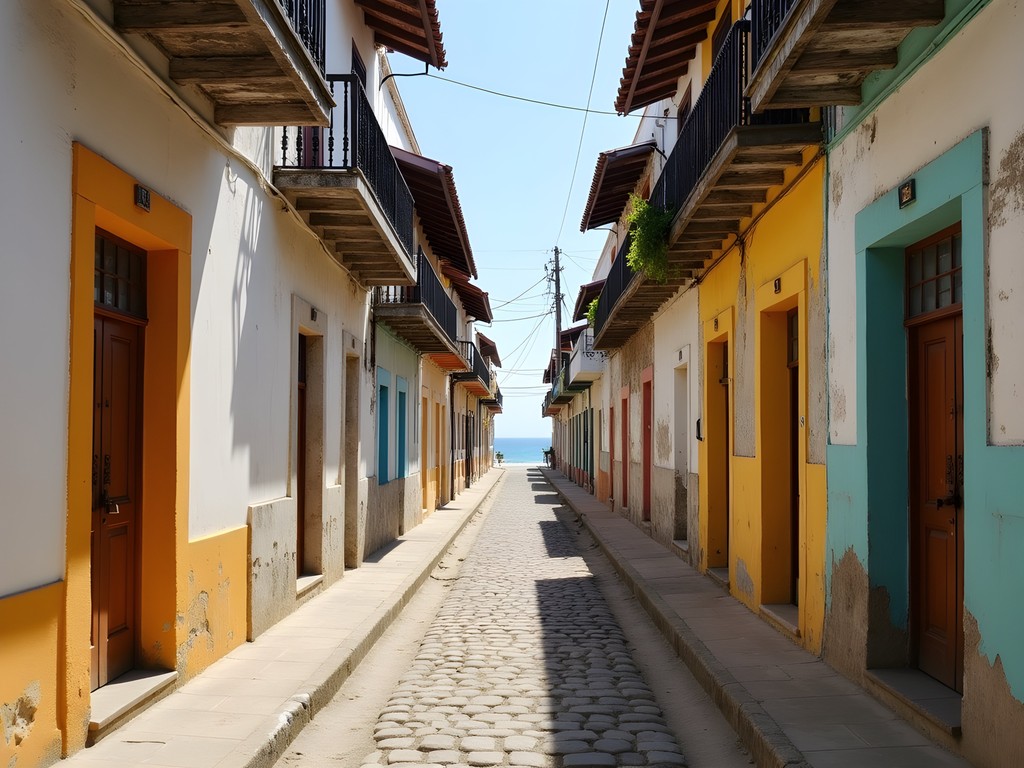
💡 Pro Tips
- Share transportation costs with other travelers for day trips
- Book accommodation on Ilha de Moçambique in advance during high season
- Bring sufficient cash for excursions as ATMs are limited outside Nampula city
Safety Strategies: Solo Female Travel in Nampula
Let's address the elephant in the room: safety concerns in Nampula. As a solo female traveler, I researched extensively and developed strategies that allowed me to explore confidently without unnecessary risks.
First, I practiced what I call 'conscious visibility'—being aware of when to blend in and when visibility is actually safer. During daylight hours in busy areas, I walked confidently with purpose. After dark, I used registered taxis arranged through my accommodation rather than walking, even for short distances.
Dressing appropriately proved essential for both cultural respect and avoiding unwanted attention. I opted for loose cotton pants or below-knee skirts paired with t-shirts that covered my shoulders. My wardrobe wasn't particularly fashionable, but it was appropriate and kept me comfortable in the heat while respecting local norms.
My medical background made me perhaps overly cautious about personal safety. I kept a basic first aid kit in my daypack and wore a money belt under my clothing for important documents and emergency cash. I carried just enough money for the day in an easily accessible pocket, with photocopies of my passport stored separately from the original.
I cannot overstate the importance of a local SIM card with data. For about £5, I purchased a Vodacom SIM with sufficient data to use maps, translation apps, and stay connected with family. I also downloaded offline maps of Nampula and surrounding areas before arrival.
Perhaps my most valuable safety strategy was building a network of local contacts. Within days of arrival, I had the phone numbers of my guesthouse owner, a trusted taxi driver, and even the Mozambican medical student I'd befriended. These connections provided both security and deeper cultural insights.
One afternoon, when I accidentally wandered into a less advisable neighborhood, I called my taxi driver contact who arrived within minutes to redirect me. This wasn't an emergency situation, but having local allies transformed what could have been an anxious moment into a minor course correction.
While Nampula requires vigilance, I never felt threatened during my stay. The vast majority of locals I encountered were protective of visitors, often going out of their way to ensure I found my destination safely. With reasonable precautions, the rewards of exploring this culturally rich city far outweigh the risks.
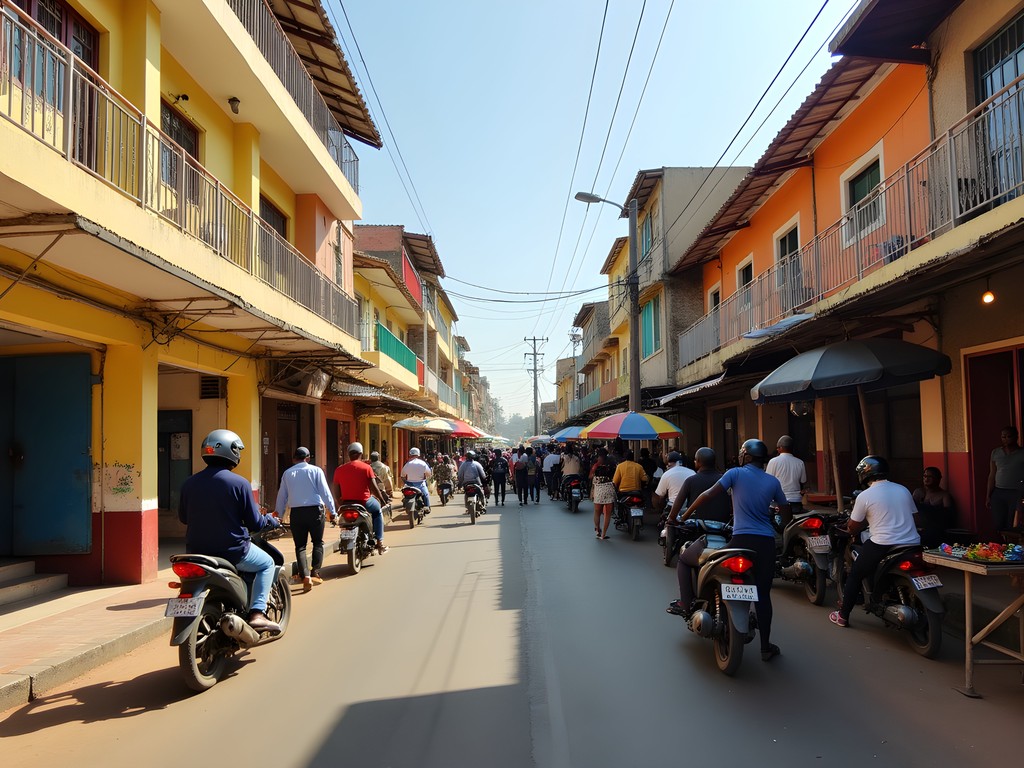
💡 Pro Tips
- Arrange transportation back to accommodation before heading out for the day
- Keep emergency contacts easily accessible on your phone and written down separately
- Trust your instincts and be willing to pay extra for safety when needed
Final Thoughts
As my chapa bumped along the road back to Nampula airport, I found myself already mentally planning a return trip. This corner of Mozambique had worked its way under my skin in just two weeks—challenging me, educating me, and ultimately rewarding me with authentic connections that no resort experience could match. For the budget-conscious solo traveler willing to embrace some discomfort and uncertainty, Nampula offers cultural riches that far outweigh its occasional frustrations. Like practicing medicine, traveling here requires patience, cultural sensitivity, and the ability to find joy in unexpected moments. My Makonde sculpture now sits on my desk at the pediatric clinic, prompting questions from curious young patients that allow me to share stories of Mozambican resilience and creativity. Perhaps that's the true value of venturing beyond our comfort zones—the stories and perspectives we bring back enrich not only our own lives but the lives of those around us. If you're considering Nampula, come with an open heart, sensible precautions, and the willingness to let this underrated destination surprise you. You won't find luxury, but you might just find something far more valuable: authentic connection in an increasingly manufactured travel landscape.
✨ Key Takeaways
- Nampula offers authentic cultural experiences for budget travelers willing to step off the typical tourist path
- Proper preparation including vaccinations, basic Portuguese phrases, and safety strategies is essential
- Building connections with locals enhances both safety and cultural understanding
- The UNESCO World Heritage Site of Ilha de Moçambique makes an unmissable day trip from Nampula
📋 Practical Information
Best Time to Visit
May to October (dry season)
Budget Estimate
£30-40 per day including accommodation, food, and local transportation
Recommended Duration
7-14 days including day trips
Difficulty Level
Challenging

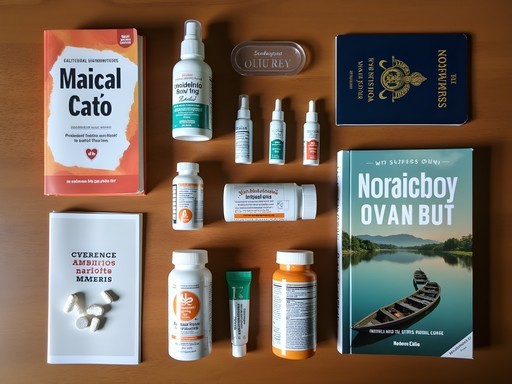
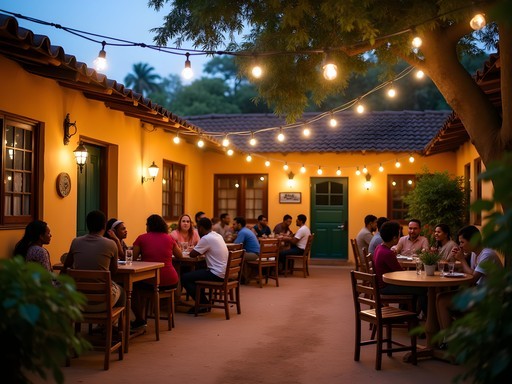
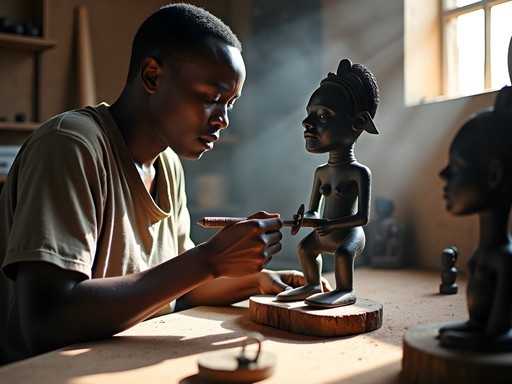
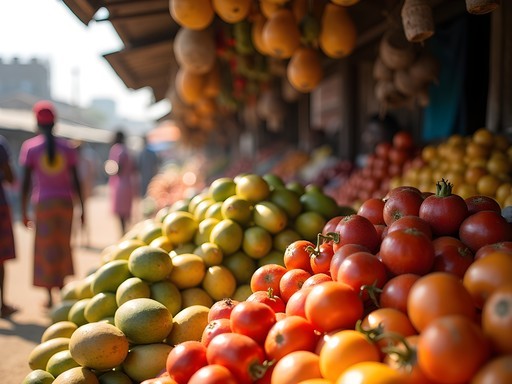
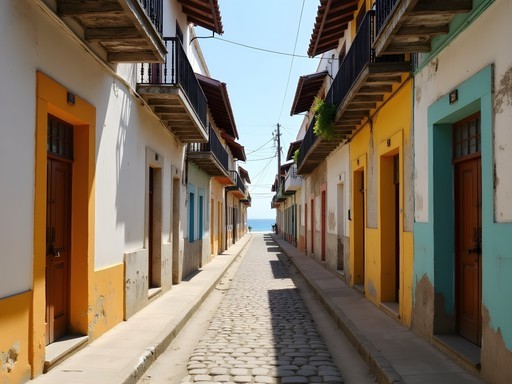
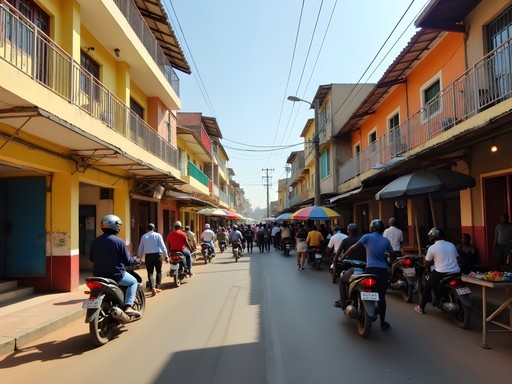


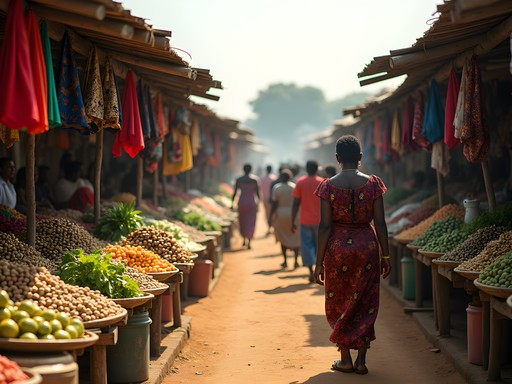
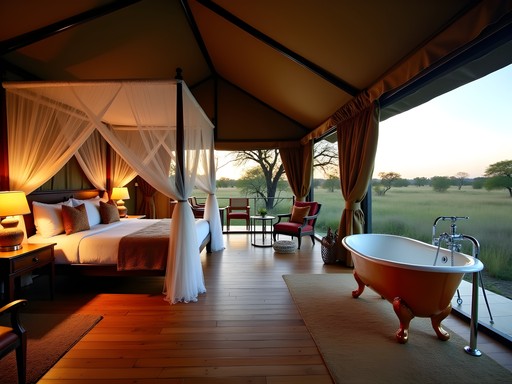
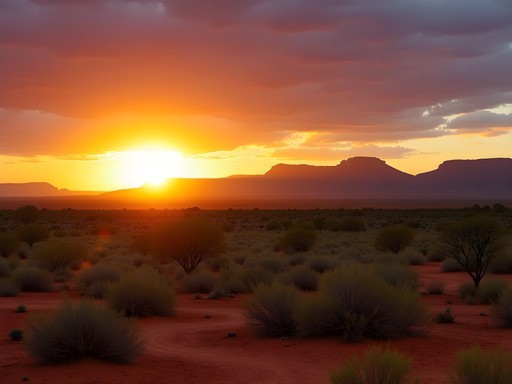
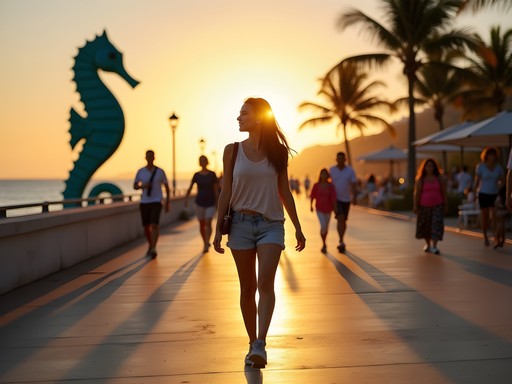

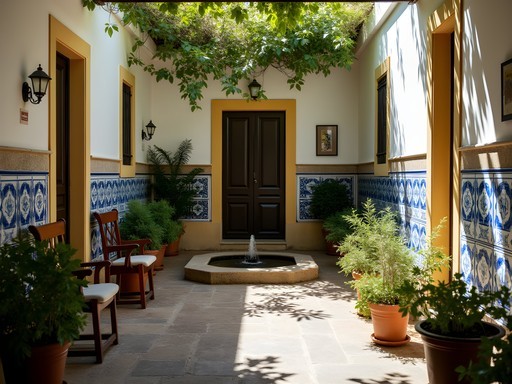
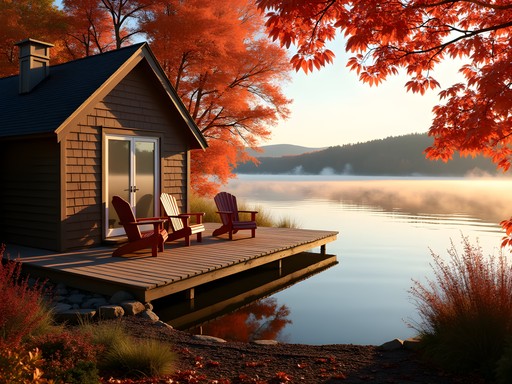
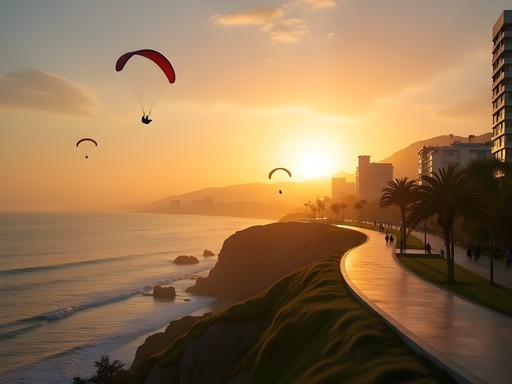
Comments
springlover
One thing I'd add about Nampula that wasn't mentioned - the cashew liquor! It's called Kajú and locals are super proud of it. Most guesthouses will have some to try. It's strong but has this amazing nutty flavor that's totally unique to the region. Also, if you're heading to Ilha de Moçambique afterward (which you absolutely should), the chapas leave super early from the northern terminal. Get there by 6am or you might miss the direct ones and have to make multiple connections. The island is like stepping back in time - worth the extra effort!
Bryce Diaz
This post couldn't have come at a better time! I'm planning my third trip to Mozambique but haven't explored the northern regions yet. Ellie, your description of navigating the chapas brought back memories of my first solo adventure there in 2019. That beautiful chaos is exactly why we travel, right? One thing I've learned about Mozambique that might help others - relationships are everything there. Taking time to learn basic greetings in Portuguese (or even better, a few words in Makua if you're in Nampula) opens doors that remain closed to tourists who rush. My most treasured souvenir is a small Makonde carving given to me by an artist after we spent an afternoon chatting about his techniques. He refused payment, saying my genuine interest was worth more than money - that's the heart of Mozambique right there.
happytime
This is so true about taking time with people! I've found this all over Africa - rushing is the enemy of real connections.
explorelife
Those market photos are incredible! The colors! 😍
coffeezone
Planning to go in January - is that a good time weather-wise? Also, did you have any trouble with the language barrier? My Portuguese is non-existent!
Bryce Diaz
January is rainy season in Nampula, but that means everything is lush and green! I actually prefer it to the dry months. Language-wise, I got by with a mix of English, terrible Spanish (close enough to Portuguese sometimes), and my phrasebook which was a lifesaver. Most younger people in tourist areas speak some English, and honestly, the universal language of pointing and smiling works wonders!
Amit Sullivan
Ellie, your post brings back such vivid memories! I visited Nampula back in 2018 and was similarly enchanted by its raw authenticity. What struck me most was how the colonial architecture sits alongside vibrant market life - such a fascinating juxtaposition of Mozambique's complex history. I remember an elderly gentleman at the central market who invited me to share cashew nuts while telling stories of the independence era in halting Portuguese and English. These unplanned encounters are the soul of travel! One thing I'd add for readers - the Museum of Ethnology often has local students who'll guide you for a small fee, and their insights are invaluable. Their perspectives on how traditional crafts evolved during colonial times added layers to my understanding that no guidebook could provide.
roamguy
Just got back from Nampula last month and can confirm everything in this post! The Makonde art scene is even better than described - I spent an entire day at the small workshops near the Museum of Ethnology watching artists carve the most intricate pieces. Pro tip: if you're interested in buying, the morning market has better prices than the tourist shops. Also, I stayed at that same guesthouse with the blue door and the breakfast was amazing - fresh mangoes every day! The owner even arranged a day trip to Ilha de Moçambique for me at half the price tour companies were charging.
starhero
How safe did you actually feel as a solo female traveler in Nampula? The markets sound amazing but I'm a bit nervous about pickpockets.
springlover
Not the author but I was in Nampula last year - kept my bag across my body and valuables hidden and had zero issues. The locals were actually super protective of me in the markets!
starhero
That's really reassuring, thanks! Did you use local transportation too?
springlover
Yep, took chapas everywhere! Cramped but cheap and a great way to chat with locals. Just keep small bills handy and don't flash expensive stuff.
happytime
Love this post! Been wanting to visit Mozambique for ages but was worried about solo travel there. This gives me hope!
Lillian Diaz
Ellie, your post couldn't have come at a better time! I'm planning my Mozambique trip for next spring and Nampula is definitely on my list now. I'm curious about the budget accommodations you mentioned - that guesthouse with the garden sounds lovely. Would you mind sharing the name? I backpacked through southern Mozambique last year but didn't make it north. The cultural differences between regions sound fascinating. Did you find many people who spoke English or was Portuguese pretty essential? I'm cramming Portuguese lessons but wondering how much I'll struggle communication-wise. Also, that street food market experience sounds amazing! Were there any particular dishes you'd recommend trying? I'm all about diving into local cuisine!
Ellie Riley
Hi Lillian! The guesthouse was Casa Azul - simple but clean with the loveliest host family. Portuguese basics definitely help but I got by with a mix of simple phrases, gestures, and Google Translate. In museums and some shops in the center, you'll find English speakers. Food-wise, don't miss matapa (cassava leaf stew) and the grilled chicken with piri-piri sauce at the market stalls near Feira Popular. The fresh coconut water sold everywhere was my daily treat. Let me know if you need any other tips!
Lillian Diaz
Casa Azul - noted! And matapa sounds right up my alley. Thanks so much for the recommendations! I'll definitely share my experiences when I get back. Your post has me even more excited for this trip!
wanderlustone
Going to Mozambique in January! How's the safety situation for solo female travelers in Nampula? Any specific neighborhoods to avoid?
Ellie Riley
Hi! I felt relatively safe during daylight hours in the central areas. I'd avoid walking alone at night anywhere. The area around Central Market is busy but keep valuables secure. I stayed near Av. Eduardo Mondlane which felt comfortable. Make sure to use registered taxis after dark!
wanderlustone
Thanks so much! That's super helpful. Did you use any specific apps for transportation or just hail taxis on the street?
Ellie Riley
I mostly arranged taxis through my guesthouse - much safer that way! The offline maps app was a lifesaver when navigating, especially since cell service can be spotty.
Venture X
Premium card with 2X miles, $300 travel credit, Priority Pass